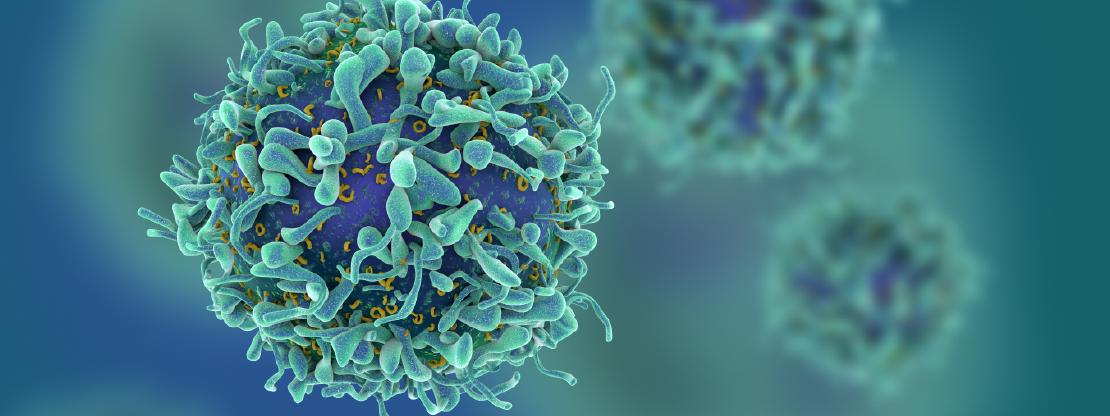1) Pancreatic cancer is an aggressive, tough-to-treat disease in which malignant cells develop in the pancreas, a small gland located near the stomach that is responsible for producing hormones and digestive fluids. For more information, read our disease profile here.
2) Although the overall cancer death rate in the U.S. has dropped 27 percent in the last 25 years, pancreatic cancers continue to have a low survival rate — only about 8.5 percent of people with pancreatic cancer survive past five years.
3) Pancreatic cancer is the third leading cause of cancer death but is expected to surpass colorectal cancer as the second leading cause by 2020.
4) Risk factors for pancreatic cancer include:
- Smoking
- Obesity
- A family history of pancreatic cancer or pancreatitis, a condition in which the pancreas is inflamed
- A personal history of pancreatitis or chronic pancreatic cysts
- Certain hereditary conditions (see here for a list)
5) In addition, emerging evidence has suggested that sudden onset of diabetes after age 50 could be an early symptom of some pancreatic cancers. Currently, life-long diabetes is not considered to be a risk factor for or indicator of pancreatic cancer.
6) Not all pancreatic cancers are the same. First, they can arise from different cells within the pancreas — exocrine cells, which produce digestive fluids, and endocrine cells, which produce hormones. Roughly 95 percent of pancreatic cancers arise from exocrine cells.
That’s not the only difference. In 2017, scientists from The Cancer Genome Atlas reported results from in-depth analysis of 150 pancreatic cancer tumors, which confirmed major molecular factors that give rise to the disease and identified several new features that may one day lead to more precise, personalized therapies.
7) Pancreatic cancer is difficult to diagnose because it often doesn’t have obvious early symptoms (and those that it does have can have other, benign causes). By the time it is found, cancer cells may have spread throughout the organ or to other parts of the body — a process called metastasis — further complicating an already challenging treatment process and leading to poorer outcomes.
8) Sugars produced by pancreatic cancer cells act as a molecular fingerprint and may help catch these cancers early on. For example, Haab and his collaborators have developed a new, simple blood test that, when combined with an existing test, detects nearly 70 percent of pancreatic cancers with a less than 5 percent false-positive rate. Read more about the approach here.
9) Current treatments for pancreatic cancer are largely limited to chemotherapy and surgery, with effectiveness based in part on how widespread cancer cells are in the body (for more on treatment, please see the American Cancer Society’s pancreatic cancer resources here; all treatment decisions should be made in close consultation with an oncologist).
10) The more we know about pancreatic cancer, the better equipped we are to finds ways to catch it and treat it earlier, which could dramatically improve survival. Research, such as the work underway in the Haab and Williams labs, is moving us toward new strategies to give hope and more healthy years to people with pancreatic cancer.
Learn more about Dr. Haab’s research here and Dr. Williams’ research here.
